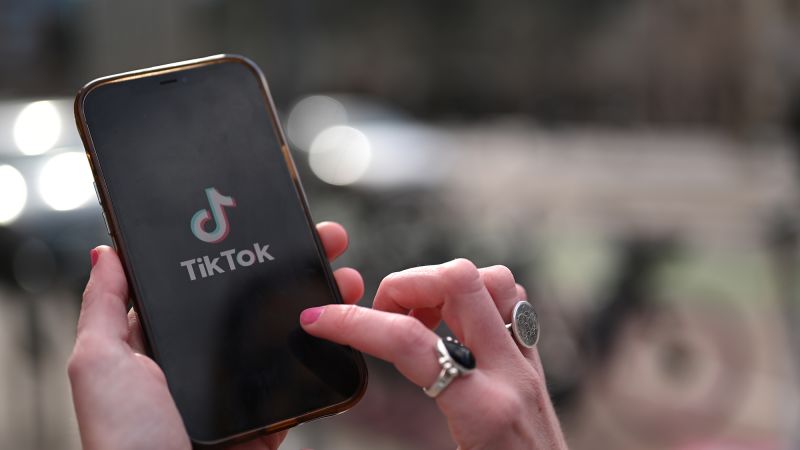TikTok is prepared to file a court challenge if Congress passes legislation that could lead to a nationwide ban of the app. The House of Representatives recently passed a foreign aid package containing language that could result in a ban of TikTok, and the bill may soon pass the Senate. TikTok’s head of public policy for the Americas, Michael Beckerman, warned employees in an internal memo that the company would challenge the legislation in court once it is signed by President Joe Biden. He described the legislation as an unprecedented deal between Republican Speaker Mike Johnson and President Biden and emphasized that this is only the beginning of a long legal process.
The legislation calls for TikTok’s Chinese parent company, ByteDance, to sell the app within 270 days or else it would be illegal for US app stores to offer TikTok for downloads. President Biden would have the authority to extend this deadline by an additional 90 days if progress is made toward a sale. TikTok has publicly opposed the bill, citing concerns about First Amendment rights for its users. Supporters of the legislation argue that it is necessary to protect Americans’ personal data and reject claims that it is a complete ban. TikTok has already started laying out its legal strategy and may challenge the legislation based on First Amendment grounds.
TikTok has invited employees to an internal town hall for additional context and information on their legal strategy. A spokesperson for TikTok did not provide immediate comment on the memo. The company is gearing up for a potential legal battle to defend its platform from a nationwide ban, which could have far-reaching implications for the app’s millions of users in the US. Legal experts on the First Amendment have suggested that TikTok may have a case in challenging the legislation, as courts typically consider the impact of laws on Americans’ speech rather than just their stated intent.
The legislation is seen as a significant threat to TikTok’s operations in the US and could have major implications for the app’s future. TikTok has already faced scrutiny and challenges from US lawmakers over concerns about data privacy and national security due to its Chinese ownership. The company has made efforts to address these concerns, such as establishing data centers in the US and distancing itself from its Chinese parent company. However, the legislation poses a new and potentially insurmountable obstacle for TikTok, prompting the company to take legal action to protect its rights and defend against a nationwide ban.
TikTok’s legal challenge could have broad implications for the technology industry and for First Amendment rights in the US. The outcome of this case could set a precedent for how social media platforms are regulated and how data privacy concerns are addressed. With the increasing importance of digital platforms in modern society, the legal battle over TikTok’s ban could shape the future of online communication and content sharing. TikTok’s fight against the legislation reflects a broader debate about the balance between national security concerns and individual freedoms in the digital age, highlighting the complexities of regulating global technology companies in an interconnected world.


